Why work with an educational therapist?…
…and not just a tutor? Tutors are great and can help with subject matter comprehension in specific classes. But when it comes to understanding the mechanics behind how you learn and how to learn more effectively, an educational therapist can make all the difference.
Educational therapists are trained to identify underlying gaps in a student’s foundational skillset that might help explain why certain things are hard. They can then partner with the entire ecosystem of helpers in a student’s life - from parents, to teachers, to therapists, and yes, even tutors - to define a plan that will shore up those underlying skills and make the job of learning the subject material that much easier.
The benefit of working with Darren? He’s a trained educational therapist who also maintains subject matter expertise in areas like Pre-Algebra, AP Calculus BC, environmental sciences, AP Chemistry (Chem major at UCLA - go Bruins!), and everything in between! He can even help students build on their reading comprehension and writing skills.
So with Darren you get the best of both worlds - an educational therapist who can work with your students to help them understand how to become more effective learners AND an academic coach who can teach the core class concepts in ways that feel more intuitive for each individual learner.
So how does it work?…
The 4 Phases of Engagement
-
Darren asks families to complete intake forms so that he can learn about a student’s academic, behavioral, and medical background including any diagnoses.
He then schedules meetings with relevant stakeholders who are willing and able to participate in the process, usually at least the parents, to understand their perspective on where the student is and where the student is looking to go.
Then, in the first session with the student, Darren will have that same conversation with the student to ensure that everyone is aligned on high level goals of the engagement. At that point, depending on the needs of the student and what they’re seeking to address, Darren will also administer some diagnostic assessments to understand current state and academic gaps.
Note, these assessments are different from any medical assessments the student may complete. As an educational therapist, Darren does not administer assessments that are intended to diagnose, but does of course support existing diagnoses to determine effective ways of working.
-
From there, Darren will work extensively with students to understand what their passions are, what they’re interested in accomplishing both in the short and long-term, and how those goals might align with current academic needs.
One of Darren’s major goals when working with students, regardless of the type of engagement, is to ensure that they unlock their own passions and use those to guide their academic work in a self-determined way.
Once Darren has completed his motivational interviews, he will work with students to use what they’ve uncovered together to identify a roadmap or a plan for success within a specific timeframe and working towards a specific goal, whether that pertains to a given class, skill, or other endeavor.
-
The majority of time Darren spends working with students is in this phase of the engagement, meeting on a regular basis to practice skills, discuss progress, or tackle new material all in service of the co-created roadmap.
These sessions vary significantly depending on any given student’s needs and the type of service contracted.
During these ongoing sessions, Darren maintains an open line of communication with all relevant stakeholders in particular with parents to ensure that everyone remains informed on the student’s progress. Darren acts as a case manager on behalf of the student, advocating for their needs.
-
A key component of what Darren aims to do is equip students with the skills to become their own “case managers,” effectively communicating with the people in their lives to make sure they’re self-advocating for the help and attention they need. Darren views this as central to his work and critical to students’ long-term success.
Because of this, the last phase of all of Darren’s engagements focuses on developing a tailored toolkit for students to leverage in their own self-advocacy efforts. This may include specific techniques like “planning to plan” or may center on less tangible elements like building the confidence to speak up for what you need. Darren works with each student to identify what he/she needs to succeed without a case manager and then works with the student to begin implementing and maintaining that toolkit.
Darren sees his work as a point-in-time intervention and not an ongoing crutch that a student should have to rely on. His success is determined by how well students can take what they learned with Darren and use it independently.
The 3 Core Tenets of Work:
Empathy
Meet students where they are, seeking to understand, not command or direct.
Co-Creation
Work with students to develop goals, plans, and action together with mutual buy-in.
Self-Determined Outcomes
Ensure all work is in service of the student’s self-identified goals and passions, seeking to put the student back in the driver’s seat.

